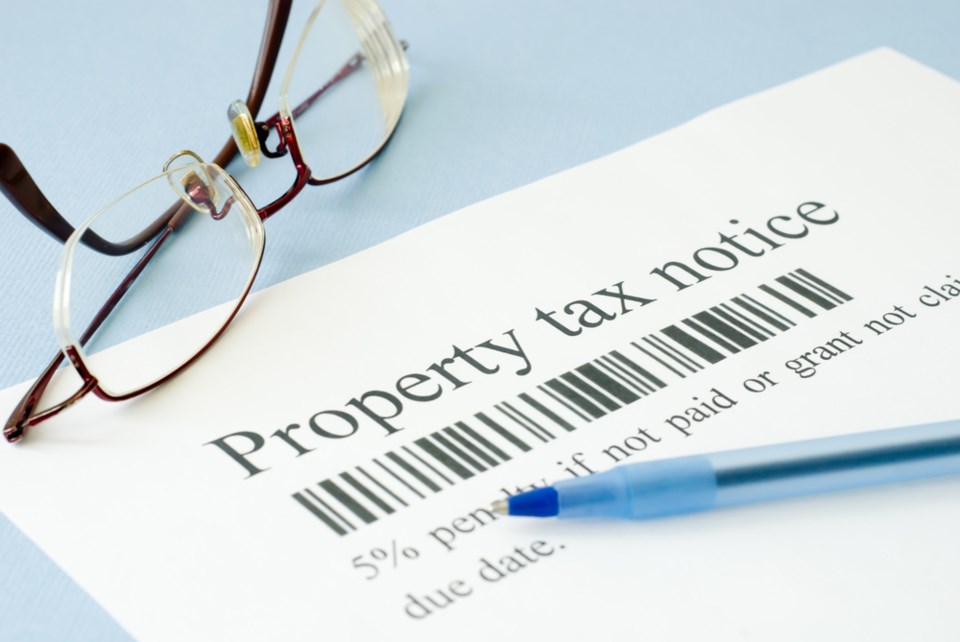British Columbia collected $115 million in the 2018-19 fiscal year from homeowners who paid the province's speculation and vacancy tax.
As of Sept. 3, the government said almost 12,000 homeowners were paying the tax targeting people who own vacant property in B.C., Finance Minister Carole James said Thursday (Sept. 12).
James said more than 1.6 million tax declarations were filed and Ministry of Finance data show 99.8 per cent of British Columbians are exempt from the levy.
Of those paying the tax, the province says just over 4,500 were foreign owners, about 3,000 were classified as so-called satellite families, some 1,500 were Canadians living outside the province, and about 2,400 were B.C. residents. Satellite families are defined as those that earn most of their income outside of Canada.
James met in Vancouver on Thursday with mayors from communities where the tax is applied to discuss potential changes this fall.
"Are there improvements that can be made?" said James. "That's exactly why I'm meeting with the mayors to talk about the challenges that they see and to talk about solutions that are there."
The tax is applied in communities in and around Victoria and Vancouver, as well as other areas that have had hot housing markets including Kelowna and Nanaimo.
Several communities have called on James to eliminate the tax or offer exemptions because they say it hurts development and punishes homeowners with second properties.
"I understand not everyone is going to agree the tax will make a difference. We're going to do what's necessary to be able to address the housing crisis and we're not going to shy away from that," she said.
She said housing affordability has been the biggest issue in B.C. since the NDP formed government two years ago. The tax was part of the government's 30-point, $6.5 billion plan to deliver 114,000 affordable homes in a decade.
The tax rate for 2018 was 0.5 per cent of the assessed value for all properties, rising to two per cent in 2019 for foreign owners and satellite families, while Canadian citizens or permanent residents continue to pay 0.5 per cent.
The government said the average assessed home value of properties that are subject to the tax is $1.45 million.
James said the money collected from the tax will be used to help fund affordable housing projects in the communities where it is applied.
Justin Trudeau said at an election campaign stop in Victoria on Thursday that if his government was re-elected it would impose a national one per cent tax on properties owned by non-Canadians and non-residents to curb foreign speculation in real estate.


